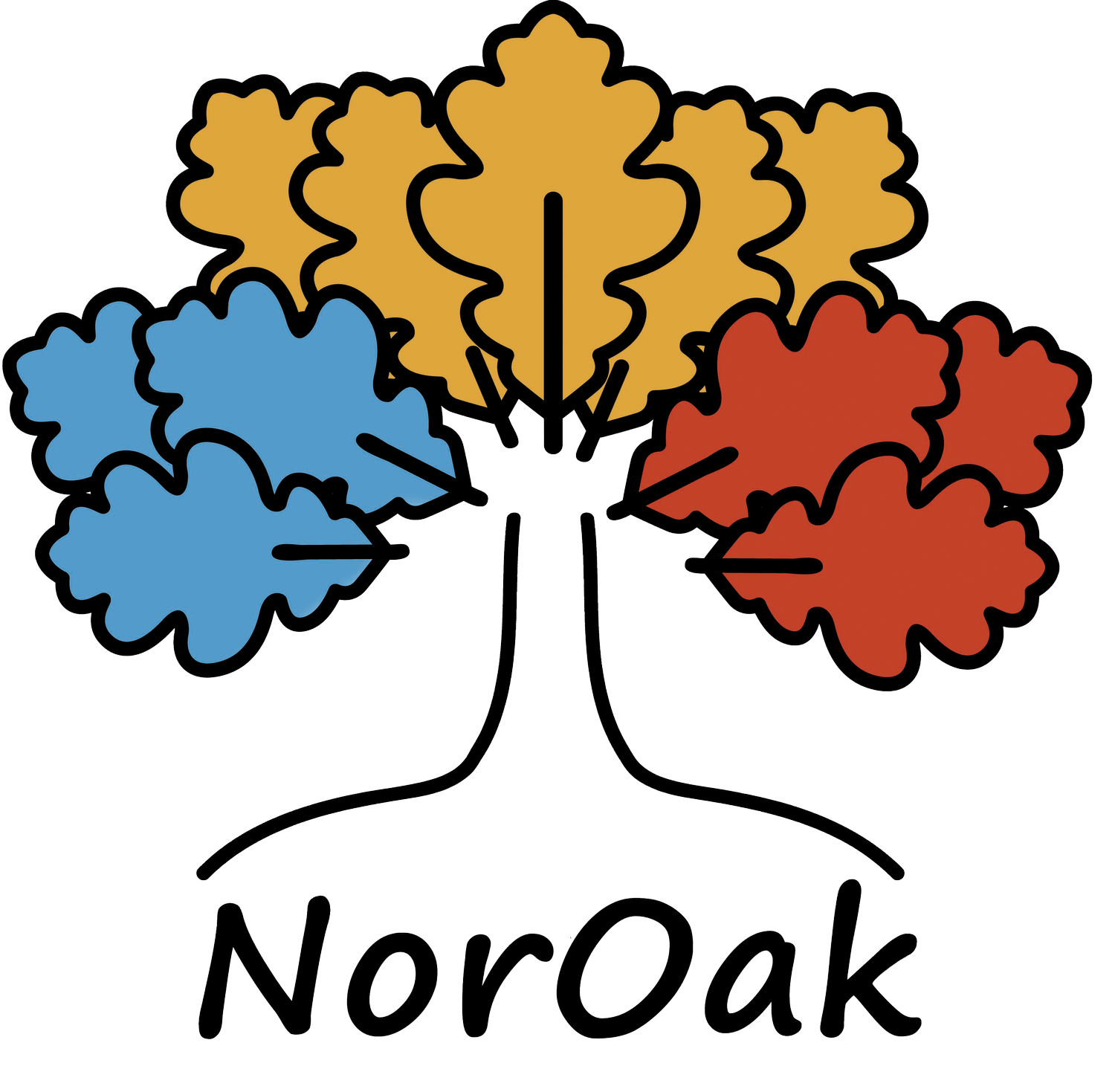- Read the passage through, and make your initial notes verse by verse:
- insights
- questions that arise in your mind
- other passages that seem to have a bearing on things mentioned here
- lessons and applications of this passage for us today
- examples of the things brought up in this passage: from Scripture, from your reading, and/or from your own experience.
- Read commentaries on the passage (try to read at least 4), and make notes from their insights, continuing the process laid out above.
- Take a time of extended prayer, meditating on this piece of Scripture.
- On a new, single sheet of paper, write down what all the lessons you see in this passage. You will probably derive most of this list from your notes. It may be a long list but should fit on one sheet.
- On the other side of the paper, write down all the examples that you have thought of, again using the examples you have written down in your notes.
- Take another extended time for prayer and meditation, and then:
- Write down what you think are the 3 or 4 or 5 main propositions of this passage, lessons that you believe the Lord wants His people to hear today.
- Write down what you think is the single most important response you believe the Lord wants from us, and the main reason you see for this response.
- Figure out why people should be interested in this Scripture, or these issues, and write this down.
- Come up with some sort of way of introducing this reason for people to pay attention, and write out this as an introduction.
- Write a transition sentence or paragraph after this introduction, introducing the "thesis" (from Number 8 above), and mark this paragraph "Transition" or "T".
- Write your thesis out, and underline it.
- Write down the first main point, and then develop why you think it is true or right or important, with evidence from the text itself. Use examples, other references, and/or other things as necessary.
- Write down what you think ought to be the next main point (whether it comes in order in the text or not; it probably will come next in the text, but not necessarily), and develop this main point as in Number 13.
- Continue with the other main points from Number 7 above, developing them in the same way.
- Leave a space on your paper, and mark the following as your "Conclusion".
- For your conclusion, restate your thesis, from Number 8 above. Then briefly recapitulate each of the main points in one sentence. Then write one final sentence to conclude the entire sermon.
- Later on you can try other forms with not only the conclusion, but other parts of the sermon, but for now, stick to this pattern carefully.
- All the places in your sermon where you call for a response to the Lord, mark this "Application". All the examples you use, mark "Example". Highlight or underline your main points.
- Turn this in next week for comments and corrections; then expect to preach the sermon (in the small group) starting the following week.

